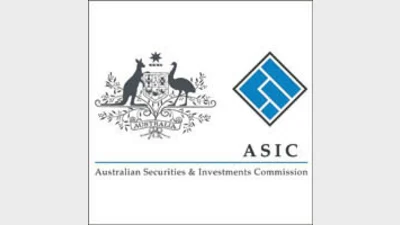Someone watching the watchers



The Australian Securities and Investments Commission (ASIC) may be one of the nation’s best resourced and best funded regulators, but it has been subject to less recent parliamentary scrutiny than the Australian Competition and Consumer Commission (ACCC), according to new research released by the Rule of Law Association of Australia.
The research, released late last week, examined the level of scrutiny directed at Commonwealth regulators by the Parliament, including the number of questions each regulator was asked, whether they made opening statements to Parliamentary committees and how quickly they responded to questions on notice.
The research found that while ASIC had more than twice the budget of the ACCC and chose to make opening statements to committees where the competition regulator did not, ASIC received less than half the time before committees compared to the ACCC and “often barely more time than APRA, which has one-third of ASIC’s budget”.
The Rule of Law Association analysis said the time squeeze experienced by ASIC might explain why it took a larger number of questions on notice.
The survey noted that ASIC took the most questions on notice of any of the regulators and added that with the exception of the Australian Prudential Regulation Authority, most of the regulators waited until after the due date to reply to those questions.
The survey provided as an example a due date for answers of 31 July last year, with ASIC providing answers on 18 August, 9 September and 21 October.
Recommended for you
Melbourne advice firm Hewison Private Wealth has marked four decades of service after making its start in 1985 as a “truly independent advice business” in a largely product-led market.
HLB Mann Judd Perth has announced its acquisition of a WA business advisory firm, growing its presence in the region, along with 10 appointments across the firm’s national network.
Unregistered managed investment scheme operator Chris Marco has been sentenced after being found guilty of 43 fraud charges, receiving the highest sentence imposed by an Australian court regarding an ASIC criminal investigation.
ASIC has cancelled the AFSL of Sydney-based Arrumar Private after it failed to comply with the conditions of its licence.











